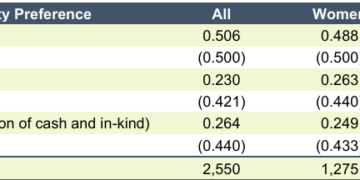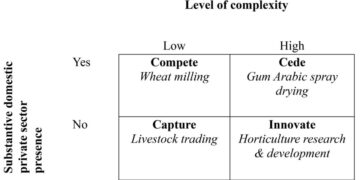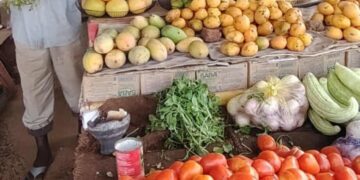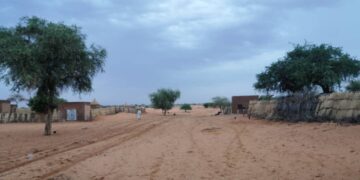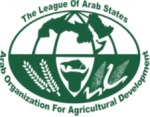Understanding the preferences of beneficiaries for what form of humanitarian aid they receive is critical for improving the effectiveness of such aid in conflict-affected settings that are characterized by rapidly changing markets and information asymmetries. This paper examines intrahousehold differences in preferences for in-kind, cash, and hybrid assistance among internally displaced households in Sudan, with […]
Under the Gun: Military and Paramilitary Actors in Sudan’s Agrifood System
Armed actors are entrenched in the agrifood systems of several low- and middle-income countries, often with implications for agricultural transformation and democratic transitions. This paper focuses on the Sudanese Armed Forces (SAF) and Rapid Support Forces (RSF) in Sudan’s agrifood system. Through over 50 semi-structured stakeholder interviews, the paper traces how these actors gained their […]
Essential commodities prices, availability, and market actors’ perceptions: November 2025
Sudan’s markets in November 2025 showed continued, albeit uneven, stabilization. Prices of most essential commodities remained broadly stable, supported by seasonal harvest effects and improved availability. Wheat prices increased modestly due to slightly lower availability, while sorghum prices remained low and stable. Prices of lentils and rice were largely unchanged, pigeon pea prices declined, and […]
Rural livelihoods under prolonged conflict: Evidence from a panel household survey in Sudan
This report presents evidence from the Sudan Rural Household Survey of 2023 and 2024, a two-wave panel survey that assesses how rural households are navigating prolonged conflict. By tracking the same households over time, the survey provides longitudinal insights into livelihoods, food security, access to markets and productive resources, and exposure to shocks across an […]
Job Opportunity: Research Analyst I
The International Food Policy Research Institute (IFPRI) seeks a qualified candidate to serve as a Research Analyst I in its Development Strategies and Governance Unit. This position is a one-year, renewable appointment, based at IFPRI’s office in Khartoum, Sudan. The successful candidate will be contracted through IFPRI’s host institution in Sudan, the Arab Organization for […]
- 1
- 2
- 3
- …
- 7
- Next Page »
